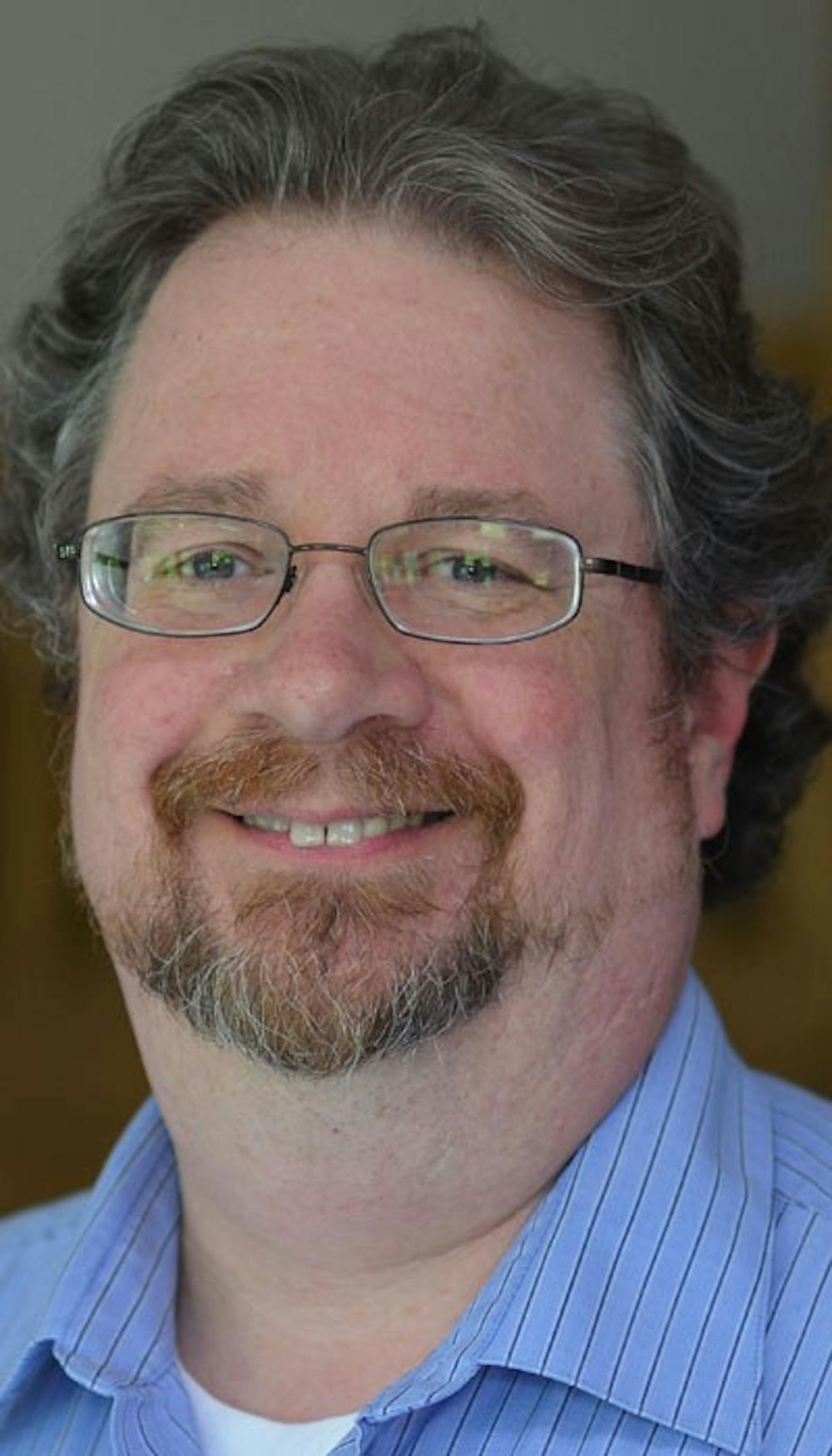Otterbein’s new vice president of enrollment management, Jefferson Blackburn-Smith, will be taking office March 1.
He comes to Otterbein from Ohio State University, where he was the senior associate director of undergraduate admission and first-year experience. Blackburn-Smith will be replacing Tom Stein, who left Otterbein last April for Tusculum College in Tennessee.
In a nutshell, the VPEM is responsible for finding ways to bring in more high-quality students each year and also for making current students want to stay. The more students at Otterbein who excel, the more funding the school can receive.
Blackburn-Smith, who is not yet on campus, answered some questions for the T&C over the phone.
How will you make the transition from OSU, which enrolls 64,000 students, to a small private university with 3,000 students?
Very carefully. Obviously it will take some time to adjust to the culture of Otterbein and understand the campus needs. I have been meeting with some of the staff in the Admissions Office, Financial Aid, having conversations. I will be … really trying to ease in and understand exactly what are the primary issues that Otterbein deals with so that when I get there on March 1, I am prepared and ready to go.
Otterbein has a much bigger female population than male population. Is it important to increase our male population?
I think it is. Diversity in the student body is important for everyone, and … the more diverse it is, the stronger levels of student engagement we see and better learning outcomes. So we know that that’s important and we will have some conversations about that.
Ben Shoemaker, who’s the interim director (of admission) and I have already had some general conversations about some strategies we might employ to look at how we might recruit more male students to the campus. That will be something we will be interested in doing.
Can you tell me what any of those strategies are yet?
I don’t want to commit to anything because obviously until I’m there I don’t know resources and things, but for example, there’s some programs that men have a higher level of interest in than women do. Otterbein has a good business program. More men are interested in business than women, and my understanding is there’s room to grow in business, so that could be an area where we could reach out to more male students in an effort to bring them into campus.
There are other academic programs that might provide us that opportunity. Just doing a good job of understanding the male students that are there now, why did they choose Otterbein … we can reach as many students as possible.
In your Nov. 28 open forum session at Otterbein, you said that one of the things Otterbein needs to focus on is bringing in students from different kinds of backgrounds than we normally do. Is this still something you’re going to focus on?
Yeah, it is. And again, I think like I said a minute ago about men and women, there’s just a significant amount of evidence that shows that diversity in the classroom is very important for student engagement and a higher learning outcome. … And in my conversations with President Krendl, diversity is very, very important to her as well, and that will be I think one of the university’s enrollment goals.
How can we increase enrollment at Otterbein without relying too much on handing out scholarships or financial aid?
(That question) really gets to the heart of what my position is all about, and I think the first thing that we do is some significant analysis of who are the students that enroll and succeed at Otterbein. Who are they academically, who are they in terms of areas of interest, where do they come from, what kind of family backgrounds do they come from, so that we have a clear understanding of what is bringing students to Otterbein.
So I think it takes some time, and the development of some good analysis and data tools to understand what’s really happening with your student body, and then getting out and working with students who are like the ones that come, and tell them the Otterbein story.








